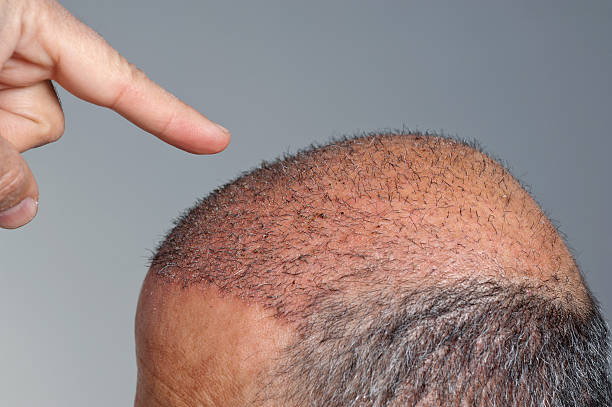Biocognitive Wellness: Harnessing the Mind-Body Connection for Optimal Health
The intricate interplay between our thoughts, emotions, and physical well-being has long fascinated scientists and health practitioners alike. Enter biocognitive wellness, a revolutionary approach that bridges the gap between neuroscience, psychology, and physiology. But what exactly is this cutting-edge field, and how can it transform our understanding of health? Let's embark on a journey to explore the fascinating world of biocognitive wellness and its potential to revolutionize our approach to holistic health.

The Origins of Biocognitive Wellness
The roots of biocognitive wellness can be traced back to the early 20th century when researchers began to explore the mind-body connection. Pioneers like Walter Cannon, who introduced the concept of homeostasis, and Hans Selye, who developed the theory of stress, laid the groundwork for understanding how mental states influence physical health.
As the field of psychoneuroimmunology emerged in the 1970s, scientists began to uncover the complex relationships between psychological processes, the nervous system, and the immune system. This interdisciplinary approach paved the way for biocognitive wellness, which takes these concepts further by integrating cultural and environmental factors into the equation.
The Science Behind Biocognitive Wellness
At the heart of biocognitive wellness is the understanding that our thoughts and beliefs can directly influence our physiology. Research has shown that cognitive processes can affect everything from hormone production to immune function, demonstrating the powerful connection between mind and body.
Neuroplasticity, the brain’s ability to form new neural connections and adapt to experiences, plays a crucial role in biocognitive wellness. By harnessing this innate capacity for change, individuals can rewire their brains to support healthier patterns of thinking and behavior, ultimately leading to improved physical health.
Key Principles of Biocognitive Wellness
Biocognitive wellness is built on several fundamental principles that guide its approach to health and healing:
-
Mind-body integration: Recognizing that mental and physical health are inextricably linked and must be addressed holistically.
-
Cultural context: Acknowledging the role of cultural beliefs and practices in shaping health outcomes.
-
Epigenetic influence: Understanding how environmental factors and lifestyle choices can affect gene expression.
-
Emotional intelligence: Developing awareness and regulation of emotions to promote overall well-being.
-
Belief systems: Examining and modifying limiting beliefs that may be hindering health and personal growth.
Practical Applications of Biocognitive Wellness
Biocognitive wellness offers a wide range of practical applications for improving health and well-being:
-
Stress management: By understanding the cognitive processes that contribute to stress, individuals can develop more effective coping strategies.
-
Pain management: Biocognitive techniques can help alter pain perception and reduce chronic pain.
-
Immune system support: Positive thinking and stress reduction can enhance immune function.
-
Emotional regulation: Learning to manage emotions can lead to better mental and physical health outcomes.
-
Disease prevention: Addressing underlying cognitive and emotional factors may help prevent chronic diseases.
Challenges and Future Directions
While biocognitive wellness shows great promise, it faces several challenges:
-
Standardization: Developing consistent protocols and practices across the field.
-
Integration: Incorporating biocognitive approaches into mainstream healthcare systems.
-
Research: Conducting large-scale studies to further validate the effectiveness of biocognitive interventions.
-
Education: Training healthcare professionals in biocognitive principles and techniques.
As research in this field continues to evolve, we can expect to see more innovative applications of biocognitive wellness in healthcare, education, and personal development.
Harnessing Biocognitive Wellness in Daily Life
• Practice mindfulness meditation to strengthen the mind-body connection
• Cultivate a growth mindset to enhance neuroplasticity and adaptability
• Engage in regular physical exercise to boost mood and cognitive function
• Explore your cultural beliefs and how they impact your health choices
• Keep a gratitude journal to foster positive thinking and emotional well-being
• Seek out social connections that support your health goals
• Incorporate stress-reduction techniques like deep breathing or progressive muscle relaxation
• Challenge limiting beliefs about your health and replace them with empowering ones
As we continue to unravel the complexities of the mind-body connection, biocognitive wellness stands at the forefront of a new paradigm in health and healing. By recognizing the profound influence of our thoughts, beliefs, and cultural context on our physical well-being, we open up new avenues for optimizing health and preventing disease. Embracing the principles of biocognitive wellness empowers us to take a more active role in our health journey, harnessing the incredible potential of our minds to create lasting positive change in our bodies and lives.






